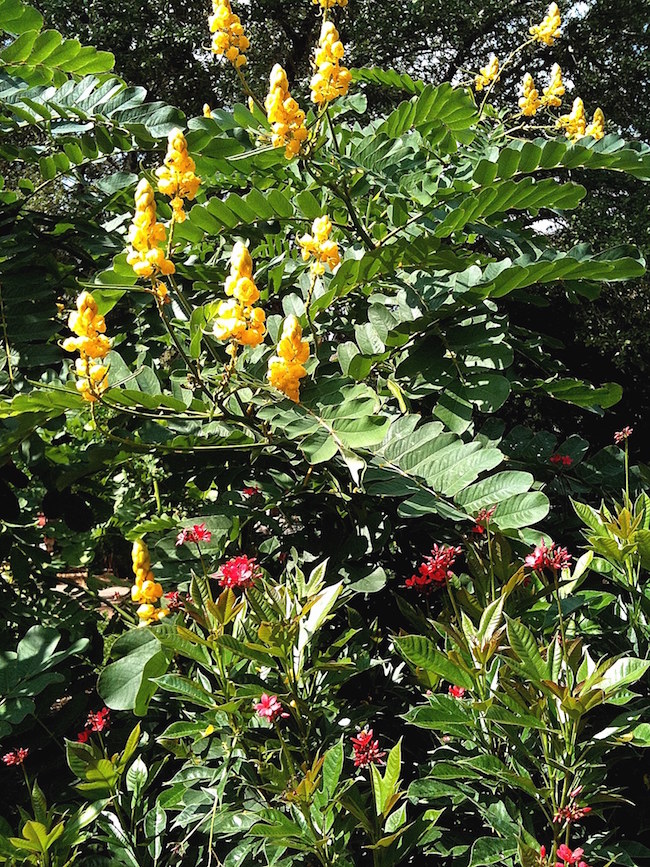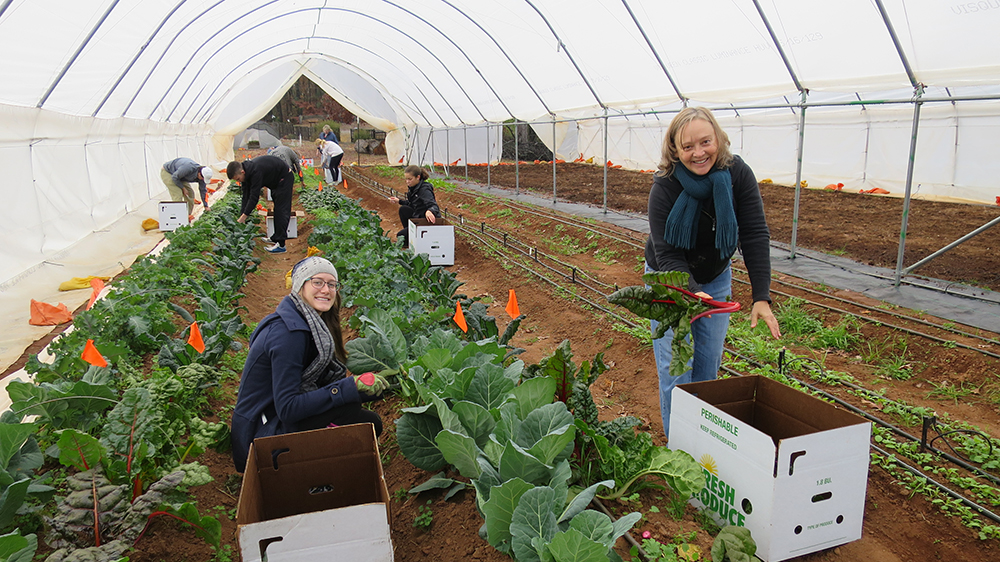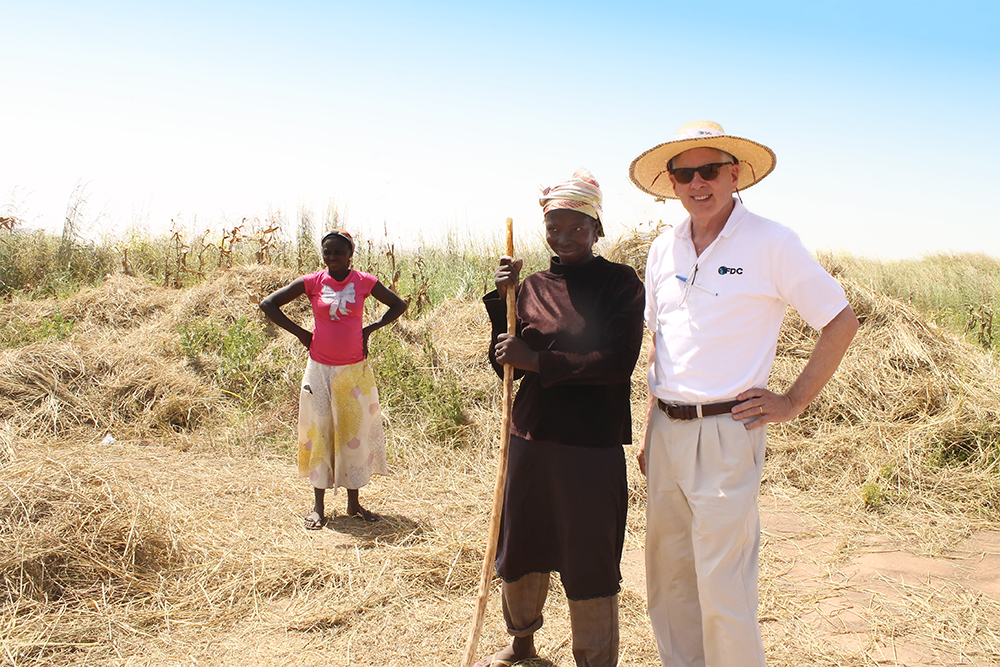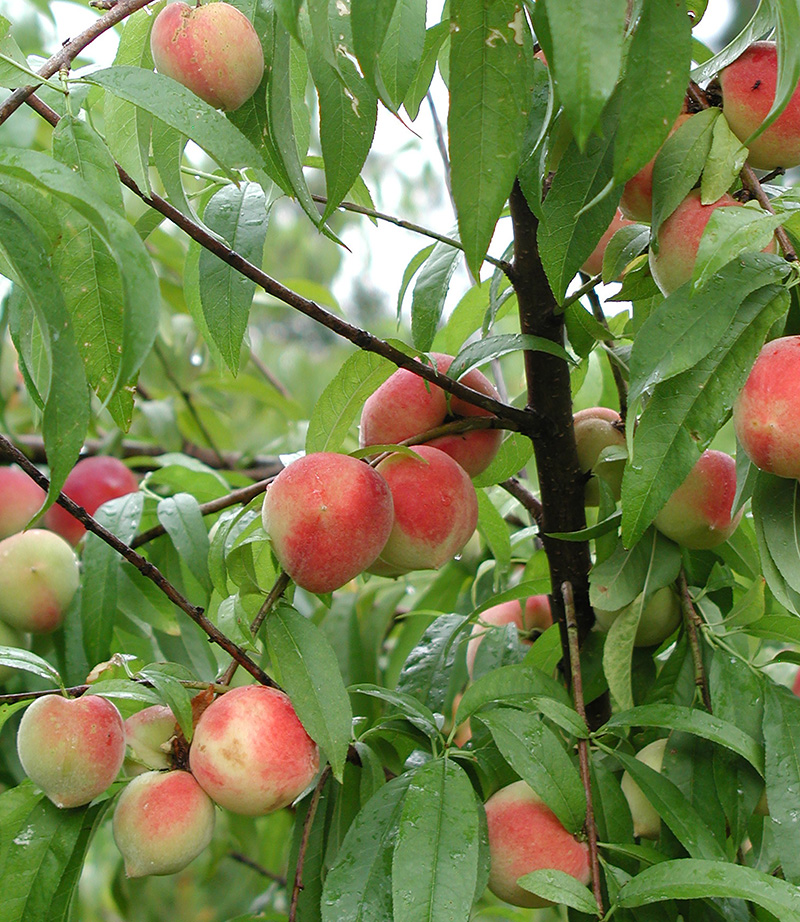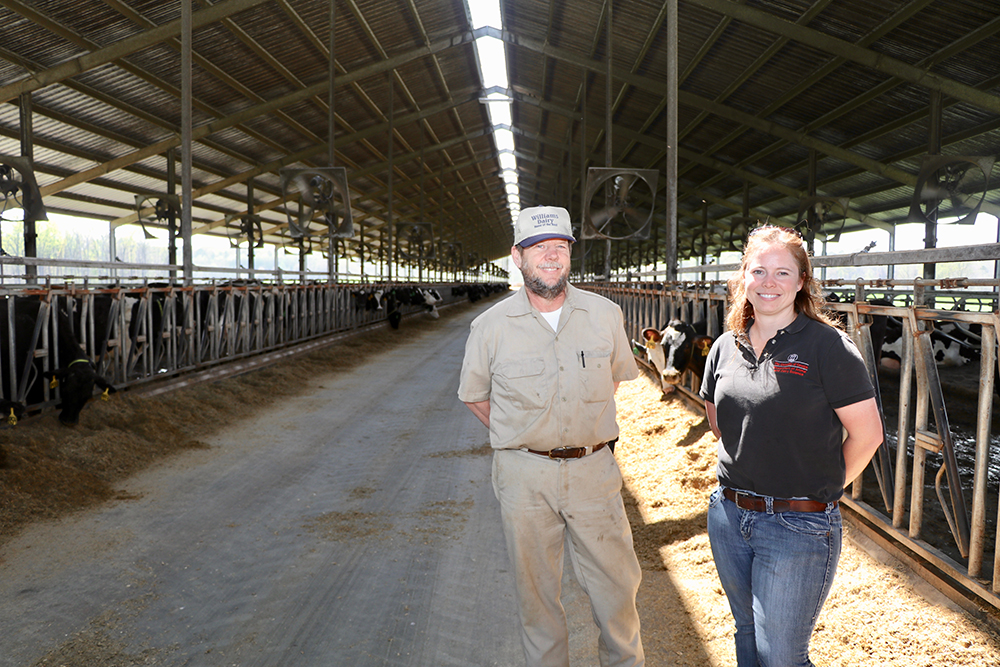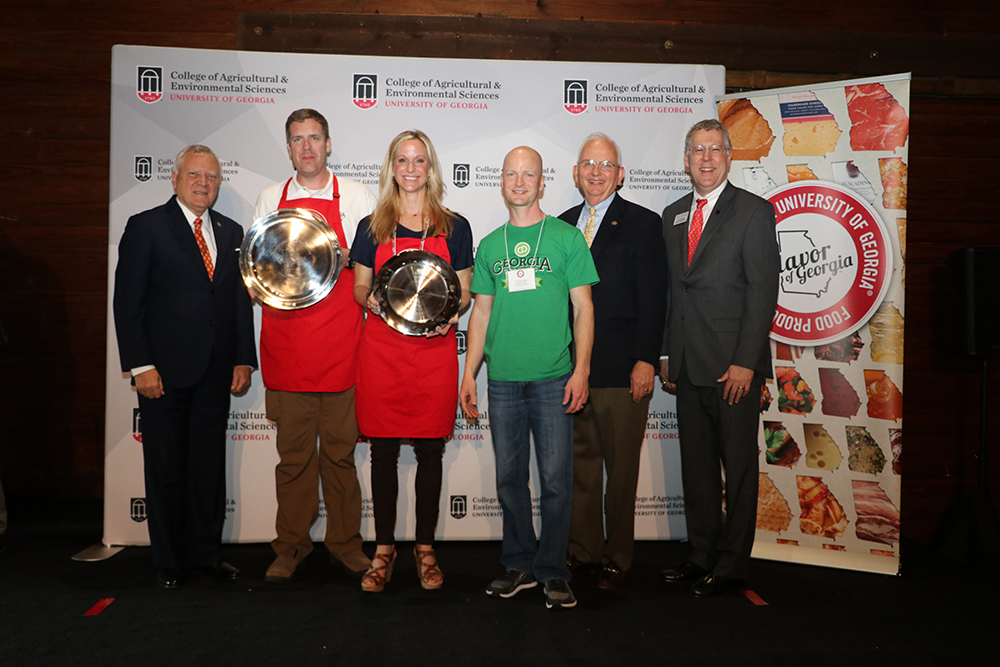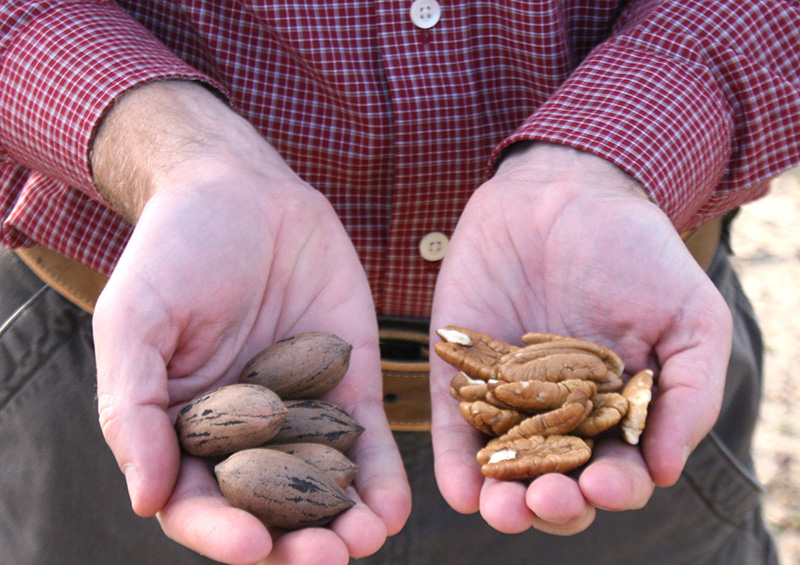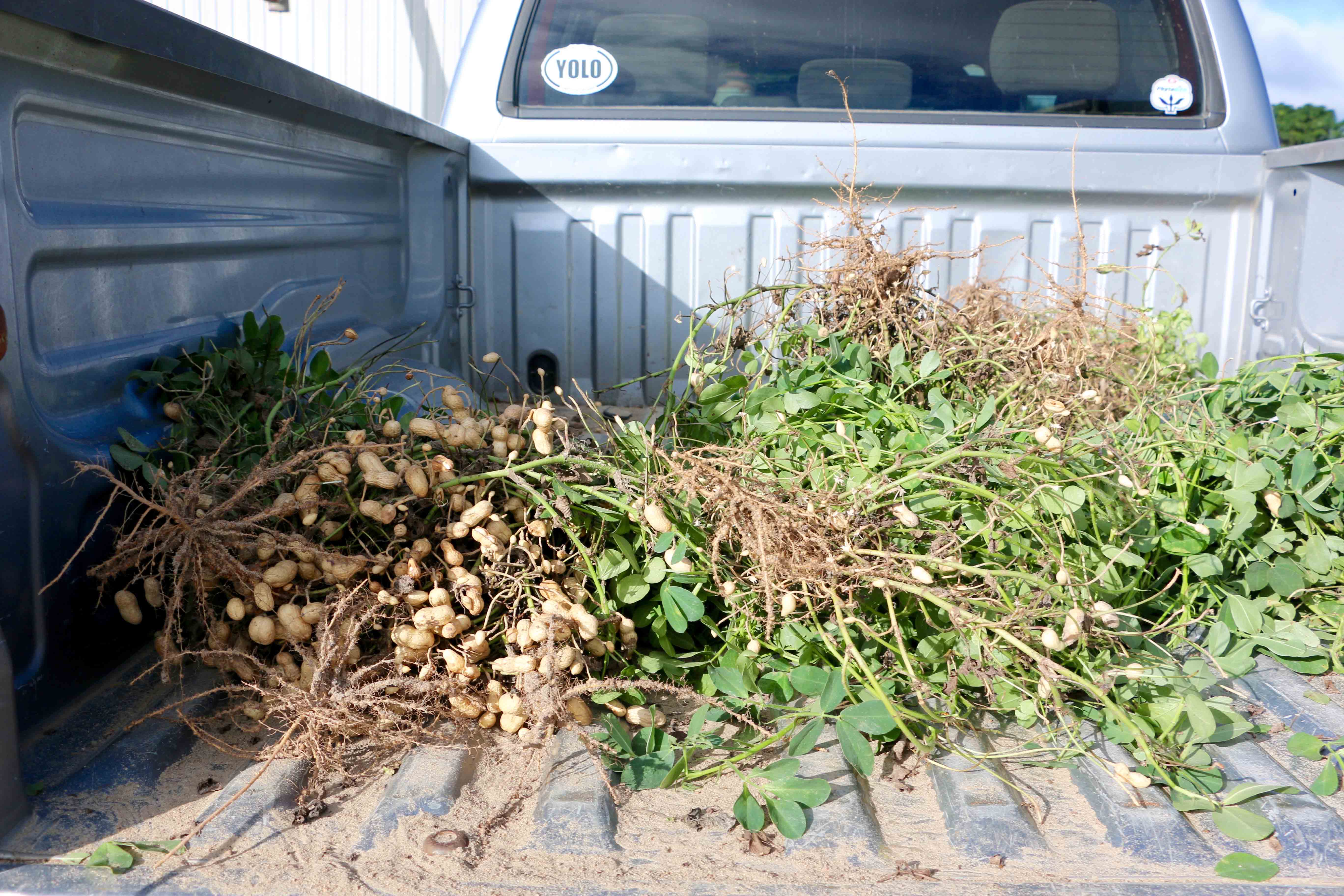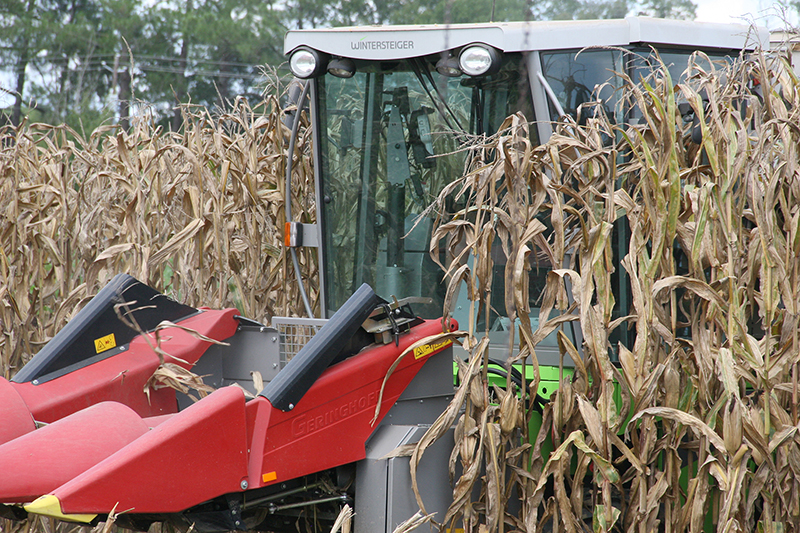 CAES News
CAES News
SNAP-Ed Program
Georgia consistently ranks “poorly in obesity and chronic disease statistics,” and a large segment of the population struggles to put food on their tables, says the leader of UGA’s Supplemental Nutrition Assistance program. The program works to reverse the trend of obesity and chronic disease through a combination of in-person and online nutrition education classes, lessons to help early childhood educators provide healthier environments for students, and the promotion of healthy nutrition and behaviors through social marketing.

